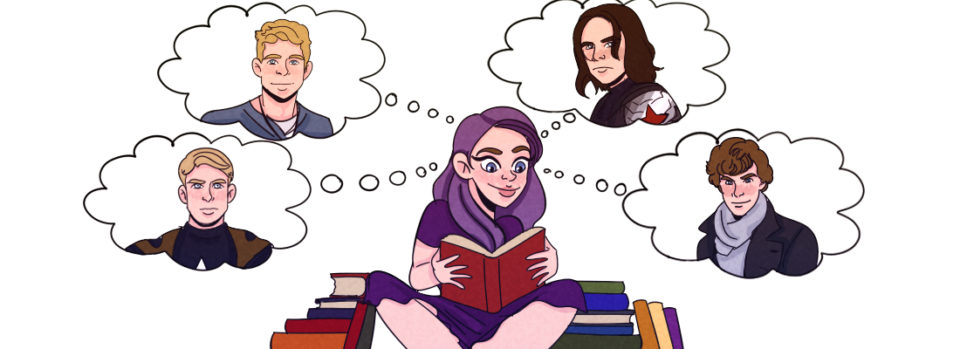
Mother, wife, private investigator…vampire. Six years ago federal agent Samantha Moon was the perfect wife and mother, your typical soccer mom with the minivan and suburban home. Then the unthinkable happens, an attack that changes her life forever. And forever is a very long time for a vampire.
Now the world at large thinks Samantha has developed a rare skin disease, a disease which forces her to quit her day job and stay out of the light of the sun. Now working the night shift as a private investigator, Samantha is hired by Kingsley Fulcrum to investigate the murder attempt on his life, a horrific scene captured on TV and seen around the country. But as the case unfolds, Samantha discovers Kingsley isn’t exactly what he appears to be; after all, there is a reason why he survived five shots to the head.

Overall, I enjoyed the book. It was a freebie that actually sounded interesting so I picked it up. But, once I started reading it I had to finish it as quickly as possible. It’s a fast read. The story is a modern take on vampires that are “real people”, meaning they do laundry, carpool and watch Judge Judy. Apparently they also have marriage problems, squabbling kids and irrational cravings for Ding Dong’s.
As I said, overall I enjoyed the book. There are a few things that have annoyed me (and in the following books) and that would be the amount of repetition. We are told repeatedly that she can only drink blood, water or wine. Every time food or drink is mentioned it is repeated. Now, it’s interesting the first time or two to hear that of all things she can drink white wine is one of them but not to be told repeatedly.
Also, she’s constantly thinking about how good looking men are and brings it up in every interaction with another character. It’s not a very female thing to do (in general) so it’s a bit off-putting as a female reader. Yes, I might recognize that someone is nice looking but it’s unlikely to go beyond a fleeting thought. J.R. Rain seems to feel that women constantly think about men and their attributes. Every time she meets a new character (nearly always male) the first thing we learn is what physical attributes they have and what Sam thinks of them. It doesn’t matter what role the character plays, Sam is attracted to them on some level. It’s a bit tedious.
Another reviewer mentioned how fleeting the interactions were with Kingsley and how quickly things moved for them and I’d have to agree. The book is short and much of it is spent explaining (and repeating) Sam’s life so the actual meat of the story is limited. It’s not detailed and drawn it. The telling of it is drawn out and details are given to you to pull you along but it is quite anticlimatic in the end.
I’d like to learn more about the medallion. It’s brought up several times in the story and then in the end just disappears from the story. I think that it’s an interesting aspect of the story and we’re teased with it and then left to wonder. A lot of time and attention was spent on her developing abilities, they all come very easily to her and that’s a little boring. I’d like to see her not excel at everything. She’s not very real to me as a character. Yes, she’s a vampire but we still need to connect with her.
I know it sounds like I don’t really like the story but I did. I just find that it’s not a perfect story.
My Gemstone Rating:

















